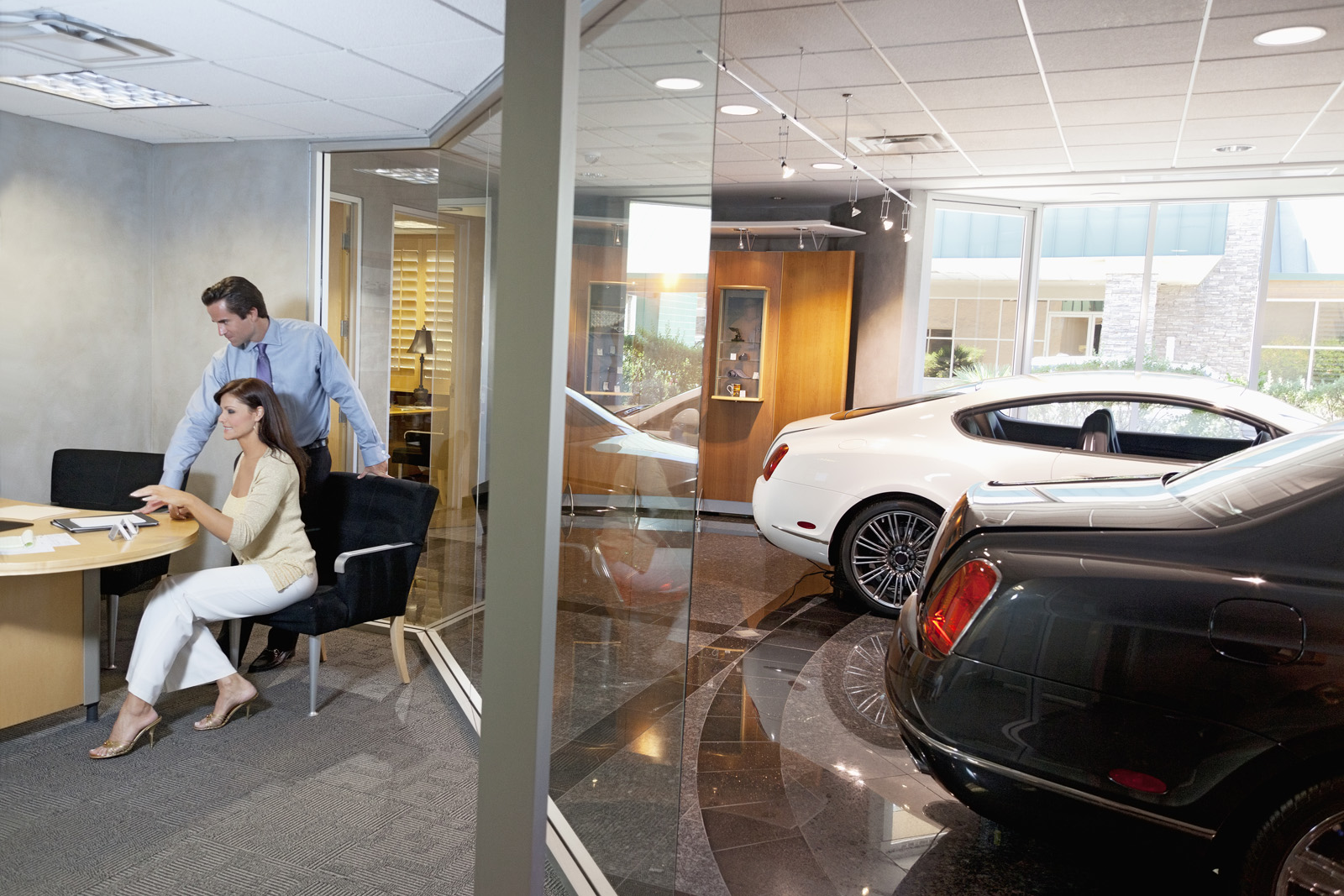
CHOICE BETWEEN LEASING AND BUYING DEPENDS LARGELY ON THE PRIORITIES OF THE SHOPPER.
The ‘lease or buy’ debate is an important and often misunderstood decision swirling with math, terminologies and misconceptions.
The answer on which of these two options is right for a new car shopper can be a tough one to arrive at. There’s no single solution that’s always correct, but rather a list of pros and cons based on needs, lifestyles and priorities.
Before delving into the topic of leasing and buying, it’s important to understand two basic principles.
First, vehicles wear out. Every time you drive yours, you’re using it up by adding miles and wear, which decrease its value. Math-savvy folks call this concept ‘depreciation.’
Second, your vehicle has a finite lifespan which it will spend with you. At the end of this lifespan, you’ll get rid of it, in exchange for an amount of money, called the ‘residual value.’
In effect, your vehicle is constantly being depreciated to its current residual value. In matters of leasing versus buying, where you stand to benefit (or suffer) at the hands of these two concepts varies.
Purchase a car outright, and you have total access to it. You’re free to rack up mileage, make modifications or add equipment as you please. At the onset of buying, you’ll surrender an amount of money comprised of the purchase price if you pay cash, or any fees and a down payment if you finance your purchase.
You’ll pay for repairs and replacement parts as things wear out over time, and when you and your vehicle are finished with one another, you’ll sell or trade it for its residual value.
Lease a car, and you’ll make your first monthly payment up front, as well as covering any fees and a down payment. A lease is set for a certain period of time called the ‘term,’ during which you’ll make these payments and after which time the leasing company gets the residual value of the vehicle when you buy it out, or trade it back in.
Damage and wear to paint, tires and the interior of a leased vehicle, beyond an expected norm, can result in added charges at the end of the term. The residual cost, but not the added wear-related costs, are determined at the start of the term.
Maintenance costs in a lease are typically lower, as the vehicle is often covered by warranty for the entire lease period. Some models even include scheduled maintenance for a preset period. Though maintenance costs are typically near-nil, insurance may be pricier.
Leasing comes with a mileage limit, too, so it may not be well-suited to higher-mileage drivers.
Typically, monthly lease payments are lower, as you’re simply paying the leasing company for the ‘use’ of a vehicle which they own. So, leasing amounts to a long-term car rental plan: you wind up with the use of a new vehicle for a predetermined time-frame, but you’ve got to give it back, or buy it, when you’re finished.
Which is the better choice? That’s up to you. If you’re big on the pride of ownership, if you tend to drive a lot of miles, or if you don’t mind a higher monthly payment, buying might be the best option.
If you’re a lower-mileage driver, seeking lower payments, or enjoy being in a newer vehicle that’s replaced every few years, leasing may make more sense.
Contributor: Justin Pritchard

























